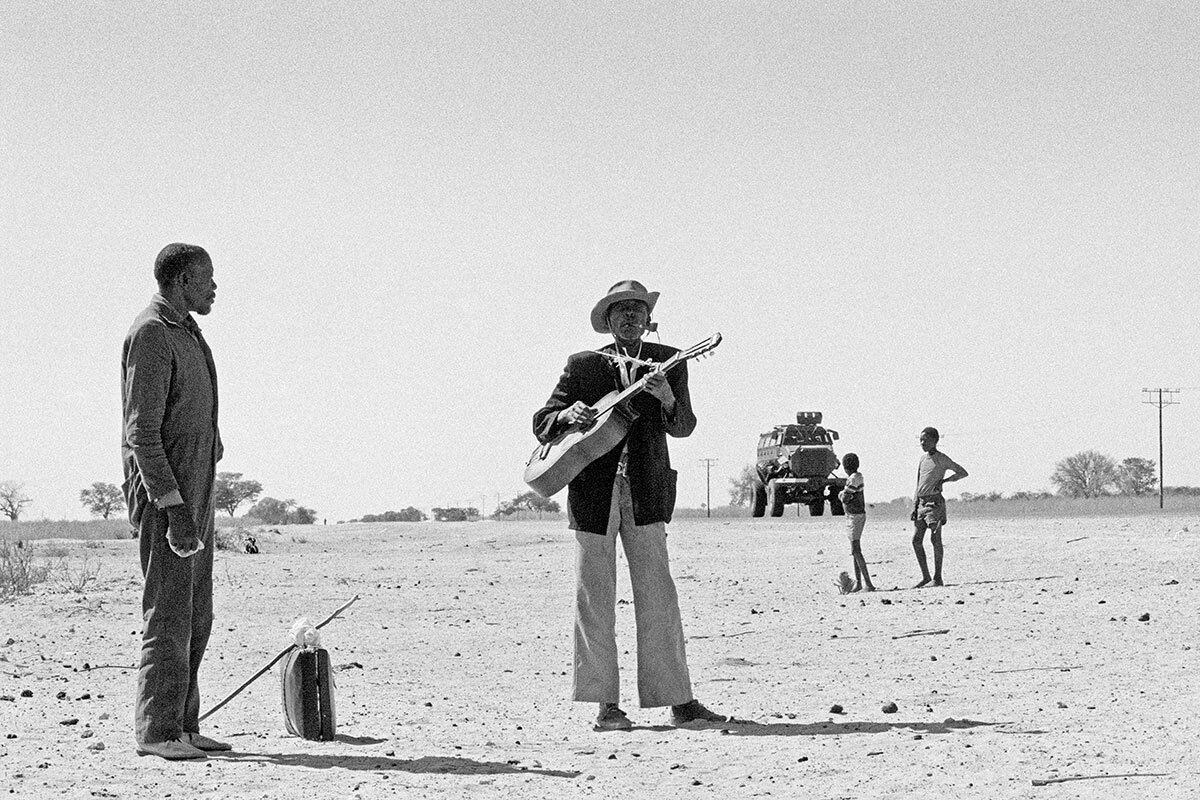Australia relies on 70,000 volunteer firefighters to battle bushfire infernos. As fire seasons get longer and more intense, would the country be better off paying for professionals?
Monitor Daily Podcast
- Follow us:
- Apple Podcasts
- Spotify
- RSS Feed
- Download
 Peter Grier
Peter Grier
Today’s stories explore the strains on Australia’s century-old volunteer bushfire fighting force, the question of whether a community can have too much diversity, the struggles of Mexico’s president to tamp down national violence, whether au pairs aren’t compensated enough, and why artists are often targets of authoritarian regimes. But first, a moment to remember a lion of journalism.
“It’s not magic, and it’s not saintly.”
That’s what Jim Lehrer said about his approach to covering the news. For almost 40 years Mr. Lehrer, who passed away Thursday, was a beacon of integrity in journalism, first as co-anchor, and then anchor, of the PBS nightly news broadcast.
He was born in Wichita, Kansas. After a stint in the Marines he worked for newspapers in Dallas. President John Kennedy’s assassination taught him that anything can happen at any moment. As a city editor, he ruled that every phone that rang in the newsroom got answered, because you never knew what was on the other end of the line.
He developed other tenets over a lifetime. In his honor PBS printed a list of nine “Lehrer’s Rules” this week. No. 1: “Do nothing I cannot defend.” No. 2: “Cover, write and present every story with the care I would want if the story were about me.”
He cared a lot about balance. “Assume there is at least one other side or version to every story” was rule No. 3.
Lehrer knew he was fortunate to work for PBS. He wasn’t in the entertainment business, he said. He only had to get up every day, decide what the news was, and how to report it. His NewsHour never had to figure out what it was or why it was there.
At the Monitor we try to live up to similar values. It’s hard work and we don’t always get there. But as Jim Lehrer says, it’s not magic. It’s not saintly, either.










